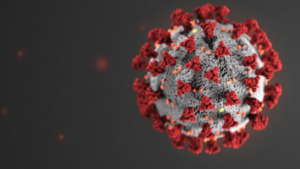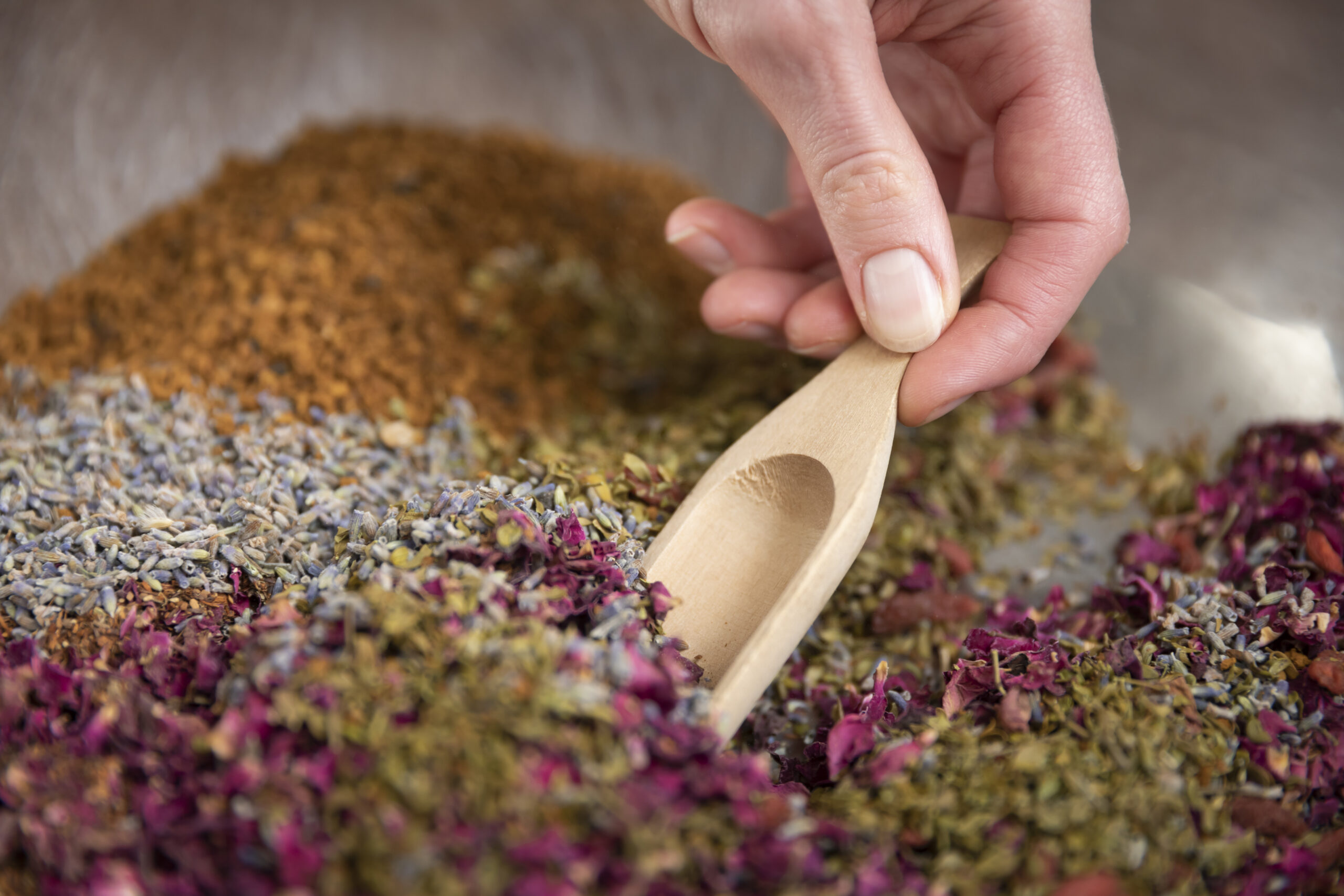In exciting new research, clinical studies for the first time are reporting convincing evidence of the value and credibility of herbal therapeutics in cancer treatments. As an herbalist, botanical medicine has been an essential part of my toolbox for decades as a useful complement to conventional medicine in oncology as well as other chronic diseases, and for general health optimization.
Continue reading “Synergistic Effects of Herb Extracts and How They Might Assist in Cancer Drug Therapies”Nutritional Impact on Immunity and COVID – 19
Although statistics show that people over the age of 65 have an increased risk of contracting COVID-19 and dying from complications due to underlying conditions, it appears that it has more to do with nutritional status than age alone. It’s true that the older we get, the more nutritional deficiencies we may have, primarily because of poor dietary choices throughout life.
Unfortunately, nutrition is often overlooked in favor of pharmaceuticals and other medical interventions. But diet plays a critical role in fortifying the immune system and in helping the body fight off and overcome infections such as COVID-19.
Continue reading “Nutritional Impact on Immunity and COVID – 19”Covid-19 Holistic Health Research Updates
COVID-19 Holistic Health Research Updates

Staying tuned in to your health is always important, but it should continue to be an even higher priority amid this pandemic. For most of us, the pandemic has forced us to stay close to home during a time we would otherwise be traveling and going on summer adventures. Because of this, I find myself compelled to shine a light on all the good science in support of healthy lifestyle practices as we go through these challenging times. In this blog, I’m sharing insights and updates in several areas from indoor air quality to proton pump inhibitors and of course nutrition, all as it relates to COVID-19 (the disease) and SARS-CoV-2 (the virus).
Continue reading “Covid-19 Holistic Health Research Updates”Hope, Wisdom and Science from the Plant Kingdom in the Ongoing Covid Crisis
Viruses are one of the oldest organisms on Earth. They consist simply of a protein envelope and nucleic acids, which renders them unable to replicate outside of a host. Some viruses, such as influenza, can both rearrange compatible genes and mutate on a regular basis in order to remain invisible.[1]
Interestingly, the main benefit of herbs is their working relationship with our own innate ability to ward off pathogens, such as viruses. This in part is what makes herbal medicine so unique. Although herbs provide some direct anti-viral activity, they primarily act in a non-specific, adaptive manner.

New information on Coronavirus Transmission and Susceptibility
In the attempt to tame the COVID-19 virus, scientists around the world are working to understand how the disease is spread and how best to approach prevention and treatment. But with the avalanche of information we’re presented with every day, it’s easy to come away with more questions than answers.
There are a couple of recent findings that stand out as particularly important. One relates to the method of transmission, and the other to individual susceptibility to the disease.
Continue reading “New information on Coronavirus Transmission and Susceptibility”Call for Unity and Oneness
“There is no easy way to create a world where men and women can live together… But if such a world is created in our lifetime, it will be done by rejecting the racism, materialism, and violence that has characterized Western civilization and especially by working toward a world of brotherhood, cooperation, and peace.” ~Martin Luther King, Jr.
It’s not uncommon to have difficulties accepting and being comfortable with those who are different from us. These feelings are often based solely on skin color, cultural mores, or religious beliefs. But racial and cultural prejudice is a social concept; it’s not part of our DNA. We learn prejudice in childhood, and it becomes an unconscious bias. This filter clouds our ability to see clearly and leads to divisive conclusions about other groups or races. It takes great tender love and often great suffering to change us forever.
“No one is born hating another person because of the color of his skin, or his background, or his religion. People must learn to hate, and if they can learn to hate, they can be taught to love, for love comes more naturally to the human heart than its opposite.” ~Nelson Mandela
Continue reading “Call for Unity and Oneness”


